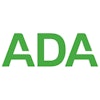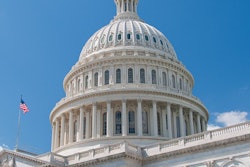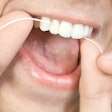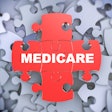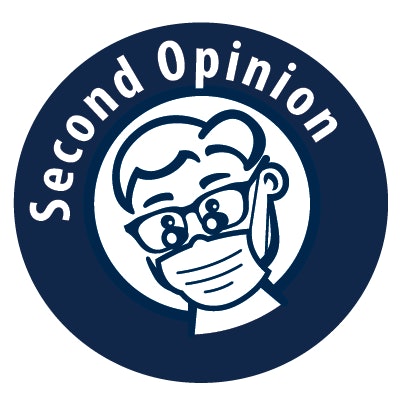
These past few weeks have been a roller-coaster ride for those of us following the health policy debates in Congress. The controversial American Health Care Act (AHCA) drew strong reactions from policymakers and the public alike, ultimately resulting in the cancellation of any vote on the bill itself. While many are breathing a sigh of relief, it is important to understand what was at risk, especially for oral health, and what deserves our continued attention.
 Deborah Vishnevsky from the Children's Dental Health Project.
Deborah Vishnevsky from the Children's Dental Health Project.
The Affordable Care Act (ACA) simplified enrollment in public healthcare coverage, including streamlining eligibility, resulting in coverage gains for both adults and children. In fact, increases in adult coverage are strongly associated with an increase in children's coverage, especially in states with Medicaid expansion, according to a 2015 report from the Georgetown University Health Policy Institute. The ACA also made children's dental care an "essential health benefit," meaning that more privately insured children had increased access to dental coverage, while more than a million adults gained access to dental plans for themselves through ACA marketplaces.
AHCA impact
In March 2017, however, Republicans in the U.S. House of Representatives introduced the AHCA. This bill would have made sweeping changes to the ACA by restructuring health insurance regulations and taxes. It also sought to fundamentally change Medicaid by switching payments to states to per-capita cap or block-grant options.
In choosing block grants, states would agree to receive lump-sum payments to provide coverage to certain populations -- namely, nondisabled adults and children. The block grants would severely constrain funding, but under this system states would have fewer coverage requirements for children, effectively eliminating the current comprehensive Medicaid guidelines and likely putting dental coverage at risk.
“In no uncertain terms, it is imperative that new policies should build on the accomplish-ments of the past decade, leaving no child or family any worse off.”
In either per-capita caps or block grants, states would likely make cuts to coverage or eligibility, especially for adults. This could result in access issues for children, lower reimbursement rates for providers, and/or a loss of dental benefits altogether.
Additionally, the AHCA would have significantly reduced tax credits to purchase insurance and weakened the law's affordability measures. Without adequate subsidies, families would see higher out-of-pocket costs and would likely be less inclined to purchase dental coverage.
The Congressional Budget Office (CBO) estimated that the AHCA would result in millions of Americans losing coverage, while passing massive costs to states. Cutting funding and eliminating standards would only weaken children's coverage, benefits, and access to care in Medicaid. And history has shown us time and again that when budgets are tight, oral health programs suffer.
In short, passage of the AHCA would have severely impacted access to oral healthcare, undoing much of the progress we've made.
A number of factors came together to prevent passage of this legislation, including the valuable messages coming from advocates, parents, and providers to protect kids' health. However, the hard work to safeguard the programs that serve vulnerable families may not be over. CHIP funding runs out in September, and Congress and the administration are already discussing new approaches to repealing the ACA.
In no uncertain terms, it is imperative that new policies should build on the accomplishments of the past decade, leaving no child or family any worse off.
Deborah Vishnevsky is a policy analyst at the Children's Dental Health Project.
The comments and observations expressed herein do not necessarily reflect the opinions of DrBicuspid.com, nor should they be construed as an endorsement or admonishment of any particular idea, vendor, or organization.



